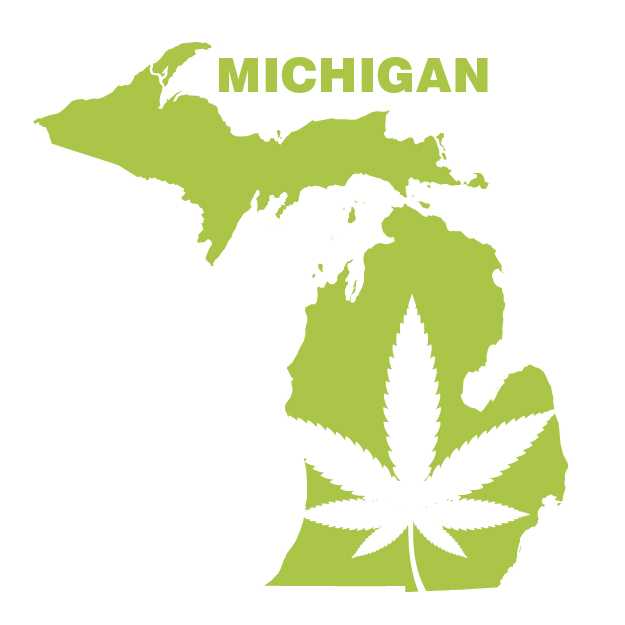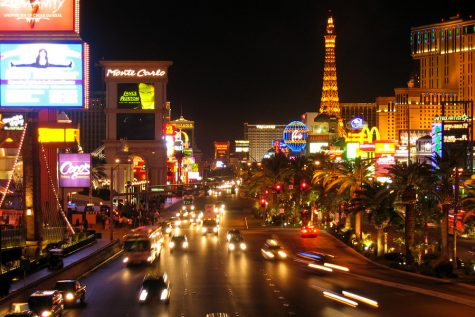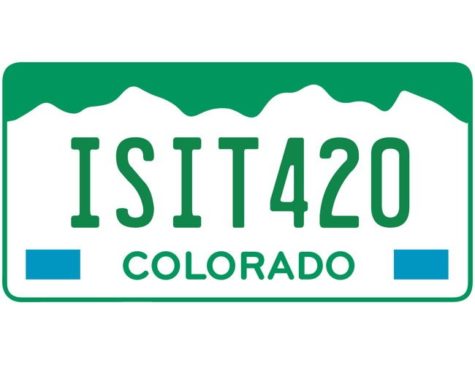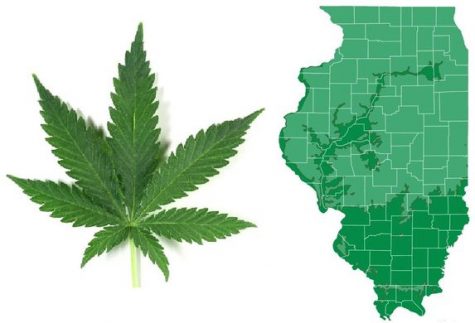Report suggests that majority of cannabis consumer expenditure in Michigan is funneled into illegal avenues
Three years ago, Michigan legalized cannabis. Now valued at $3.2 billion, the legal market appears to be holding up well; in spite of coronavirus-related disruptions. Then again, industry insiders warn of the illicit market, which appears to be accumulating up to 70 percent of all pot transactions.
This is according to a study into Michigan’s cannabis industry, which indicates that the growing number of licensed stores has not necessarily curbed black market transactions.
“The only way to make strategic decisions to move forward as an industry is to understand the market in which you’re operating. And we thought the best thing to do, since nobody had taken the time to do it, was to do a baseline economic study,” said Stephen Linder, who serves as executive director of the MCMA.
Commissioned by the Michigan Cannabis Manufacturers Association and executed by the East Lansing-based Anderson Economic Group, the economic study was the first of its kind since the plant was legalized via a 2018 ballot initiative.
“What we wanted were facts and truth so that our members could inform themselves, the industry could inform itself, policymakers who need facts in order to make statutory and regulatory recommendations have facts in front of them.”
Study into Michigan’s cannabis industry: One in five Michiganders reportedly consumed cannabis in the last year
The study into Michigan’s cannabis industry revealed that one in five state residents have consumed the plant in the last year. While some of those consumers grow their own weed – Michigan’s cannabis law stipulates that adults can grow a maximum of 12 cannabis plants inside their home for personal use – others choose to obtain their medicine from licensed caregivers.
Notwithstanding the promising news declaring Michigan’s booming $3.2 billion cannabis industry, the study emphasizes that “illicit sales and other ‘off-the-books’ transactions remain the primary way in which Michiganders procure cannabis.”
Last year, Michigan’s legal cannabis industry accrued $169 million in tax and fee revenue. However, the figures could have been significantly higher, due to the fact that 70 percent of transactions occurred outside of tax-paying stores.
Not every community in Michigan has its own dispensary, which poses a problem for people who depend on a daily dose of cannabis. Until access is broadened, the black market will continue to attract buyers; when municipalities are deprived of access to legal cannabis stores, sometimes the only alternative is to find a street dealer.
The expense of store-bought weed tends to deter consumers from buying legal weed, with the Marijuana Regulatory Industry pinning the average per-ounce price at $409.76 in May. By mitigating those problems, more consumers can be encouraged to buy safe, lab-tested and regulated cannabis from licensed retail stores in Michigan.
COVID-19 pandemic is influencing more Michiganders to purchase legal weed
Black market threats aside, legal cannabis retailers in Michigan appear to be thriving amid the pandemic. Between December 1, 2019 and November 22, 2020 – a time period that saw the government impose lockdowns and stay-at-home orders – more than $400 million worth of cannabis was sold to recreational consumers.
Many cannabis companies in Michigan quickly started adapting to the “new norm” by ordering staff to follow health and safety protocols, e.g. wearing face masks, as well as by offering delivery services to customers.
Back in January, the Greenhouse of Walled Lake in Michigan even started offering free weed cannabis to anyone who gets a COVID-19 vaccine.
The number of coronavirus (COVID-19) cases in Michigan rose to 896,067 as of Friday, July 9. Of that amount, state officials claim, 19,801 fatalities have been recorded. The analysis of COVID-19 cases in Michigan suggests that an average of 224 cases are being confirmed on a daily basis.
In excess of nine million doses of the COVID-19 vaccine have been administered among residents. Approximately 62.2 percent of residents aged 16 and above received at least one dose, whereas 54.2 percent of people in the same age group have been fully vaccinated.












